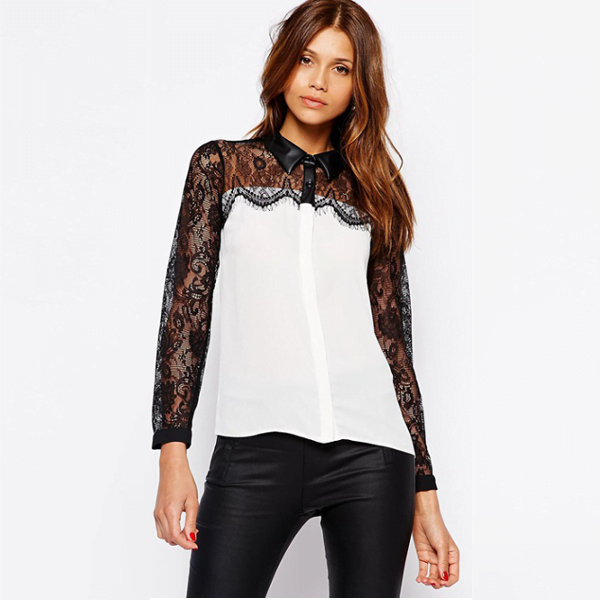A social buying app extremely popular with young adults is sitting on a treasure trove of statistics that might assist brands determine what’s going to be cool next
More than 13 million people have registered with Depop since its release in 2012. For a few, any interaction with the app would possibly have ended there. However, most people might have gone on to store, sell, or, at the least, look for an item on the app in a while.

Because of this, Depop says it’s miles sitting on a treasure trove of facts showing what younger customers are buying and trying to find proper now. Many manufacturers focused on those clients might, in all likelihood, shell out large dollars to access it.
“We have to get admission to millions of younger human beings within the UK and the US and what they are trying to find and what they need,” Rachel Swidenbank, vice chairman of Marketplace at Depop, informed Business Insider.
Swidenbank stated that she has observed that the purchasing network is figuring out traits three months before they hit the mainstream. While this information is currently most effectively shared with sellers so that you can better identify what users need and then bolster their stock, the business enterprise isn’t always averse to sharing it with other agencies or partnering with manufacturers in the future, she said. “A lot of humans need to understand what Gen Z is as much as, in the meantime, what they’re questioning and what they’re searching for, so it’s miles something that several brands would like to get their hands on,” she stated.
While millennials have been the most mentioned and researched generation of the past decade, brands are increasingly gaining recognition of the following technology as they start to input the group of workers and have greater spending strength. These customers, Gen Z, are currently their young adults and make up the lion’s percentage of Depp’s customers, Swidenbank stated. 90% of Depp’s customers nowadays are under 26. “This organization is for the subsequent era,” she said.
Depop has become extremely famous with these teenagers, primarily based on research about this era. It is because they may be happy to shop secondhand and see fees within the resale market to make cash. Many other schemes are designed to make money off anyone who might be a little too trusting. The general rule is that you don’t give or use money you couldn’t afford to lose. Give the bank time to verify it is real if you are given money as a check, money order, or cash. Please do not spend or send the money until it is confirmed. Open a separate account so as not to mix the potentially fake money with your real money. Be very careful about giving out personal information.
You might think you should avoid everything with the words “mystery shopping” attached. Please don’t conclude that mystery shopping is always illegitimate. There are opportunities for those who want to shop businesses for money. Companies rely on mystery shopping to ensure their front-line employees meet their customer service standards. Sometimes, they do the shops internally, sending in upper management undercover. Sometimes, they ask their regular customers to evaluate their usefulness. Third-party businesses do the most common and most effective mystery shopping programs.
Mystery shopping, by its very nature, is secretive. Companies do not want people or other companies to know about their mystery shopping program, and shoppers do not want people to see that they are mystery shoppers. Mystery shopping companies must be very careful about promoting their business. They can’t say, “We have shopped at McDonald’s,” to the whole world. They have to be somewhat generic. “We have fast-food shops in this city,” they might say. These generic advertisements arouse suspicion among those who mystery shopping companies would most like to reach. It is a catch-22.
People looking to become shoppers can find a few places where they can be sure the opportunities they are getting are real—one of those places is the Mystery Shopping Providers Association (MSPA). The MSPA is like the Better Business Bureau, except they deal exclusively with mystery shoppers and mystery shopping companies. Their website is mysteryshop.org. They help connect shoppers with legitimate companies.















